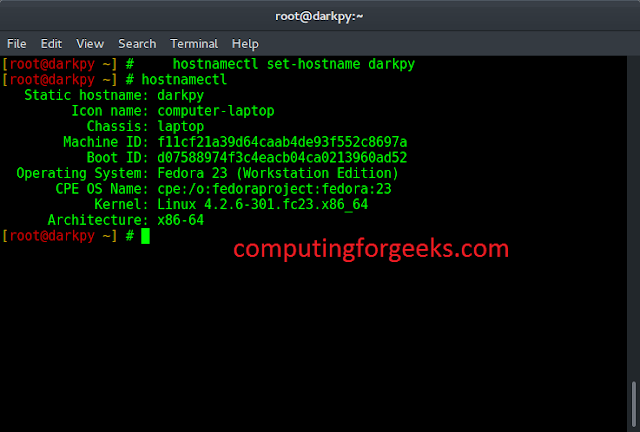Python dictionary is a versatile data structure that allows a lot of operations to be done without any hassle. Calculating the standard deviation is shown below.
Example #1: Using numpy.std()
First, we create a dictionary. Then we store all the values in a list by iterating over it. After this using the NumPy we calculate the standard deviation of the list.
Python3
# importing numpyimport numpy as np # creating our test dictionarydicti = {'a': 20, 'b': 32, 'c': 12, 'd': 93, 'e': 84} # declaring an empty listlistr = [] # appending all the values in the listfor value in dicti.values(): listr.append(value) # calculating standard deviation using np.stdstd = np.std(listr) # printing resultsprint(std) |
Output:
33.63569532505609
Example #2: Using list comprehension
First, we create a list of values from the dictionary using a loop. Then we calculate mean, variance and then the standard deviation.
Python3
# creating our test dictionarydicti = {'a': 20, 'b': 32, 'c': 12, 'd': 93, 'e': 84}# declaring an empty listlistr = []# appending all the values in the listfor value in dicti.values(): listr.append(value)# Standard deviation of list# Using sum() + list comprehensionmean = sum(listr) / len(listr)variance = sum([((x - mean) ** 2) for x in listr]) / len(listr)res = variance ** 0.5print(res) |
Output:
33.63569532505609
Example #3: Using pstdev()
Pythons inbuilt statistics library provides a function to compute the standard deviation of a given list.
Python3
# importing the moduleimport statistics# creating the test dictionarydicti = {'a': 20, 'b': 32, 'c': 12, 'd': 93, 'e': 84}# declaring an empty listlistr = []# appending all the values in the listfor value in dicti.values(): listr.append(value)# Standard deviation of list# Using pstdev()res = statistics.pstdev(listr)print(res) |
Output:
33.63569532505609




